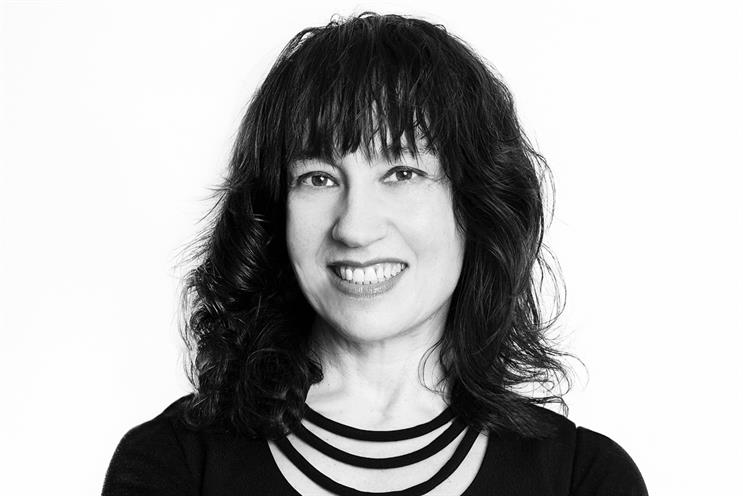Alexa, I don’t think we’re on the same page.
Alexa and I are not really getting on as well as I had hoped or thought we would. First of all, the rest of the family don’t like her listening in. Then, quite often, we don’t understand each other. When I asked about the forecast for rain the other day, she played me the song Stormy Weather. She keeps offering me skills that I don’t want or need (or at least I don’t know that I need). And it vaguely upsets me that I don’t have to say please or thank you to her. While I realise this is ridiculous, I do worry about children across the nation losing the habit of politeness because they don’t have to be polite to a smart speaker.
However, I will persist, and I know Alexa and I will start to see eye to eye. Partly, this is because I am busy and more assistance in life generally would be helpful ("Alexa, fill in my passport application form/do my tax return/sort out my expenses at work/order flowers for Auntie Joyce" would be amazing functionality, for example) and also because the stats show that so many other people already love their smart speakers. Of course, other voice assistants are being used too – mainly for weather and news updates, plus playing music, admittedly.
More than a quarter of UK households have smart speakers and this figure is growing, but there's plenty of barriers in place in terms of usage. There’s no one protocol for use. The models don’t share the same language. Once you create brand content, the discovery journey for customers isn’t yet established. Across life in general, but brands in particular, use cases are still in development.
What’s the hurry, then? With so much business as usual to fix, why worry about the next frontier? Who can afford the time to develop work for a new channel, particularly when it is so clearly one where content from other channels is not transferable?
The answer to this question is in front of us, with every news story that demonstrates how new entrants have eaten the lunch of established brands and every time the tech giants diversify their revenue streams by more market disruption.
Guy Kawasaki says everyone in business is either a pie eater or a pie baker. The pie eaters fight for a bigger slice of an existing pie. If they win, you lose; and if you win, they lose. Pie bakers try to bake bigger pies. They work on the approach that if the pie gets bigger, they win and so do you. When the pie gets bigger, customers increase in number and diversity. The status quo changes. People, even competitors, can work together because everyone benefits. Whether you agree with this theory or not, you’re much better off working for and with pie bakers than pie eaters.
Voice would really benefit from a pie-baking approach, from sector alignment to standardised protocols and measurement.
Alexa, can you bake us a bigger pie?
Sue Unerman is chief transformation officer at MediaCom


